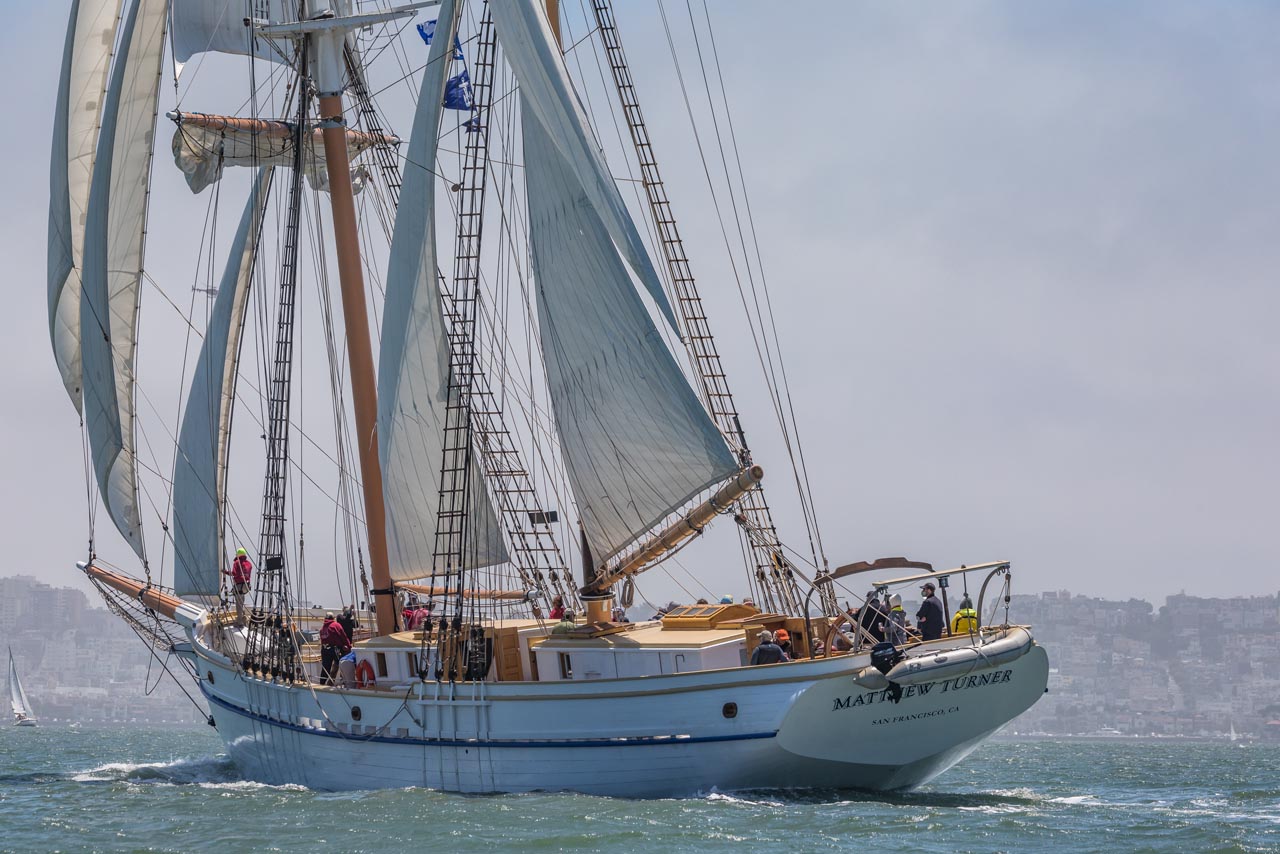
Getting Into the Weekend Vibe with Salty Phrases — Part 3
A few months back we shared a bunch of salty phrases that had been compiled by Latitude 38 editor John Riise. He did such a good job of seeking out the weird and the humorous that we’ve had to publish the phrases over three different postings. Today, we share the final chapter in JR’s “Salty Phrases.”
Over a Barrel: If you’ve got someone “over a barrel,” they are in a tight spot. In the old days, when a sailor was to be flogged, he was tied over a grating, to a mast — or over a barrel, either the barrel of a gun or an actual wooden barrel.
Pipe Down: This phrase, meaning “be quiet” comes from the practice — still done in today’s Navy — of signaling significant happenings aboard ship with a whistle from the bosun’s pipe. Depending on notes and inflection, these signals vary from reveille in the morning, to the arrival of the captain or other VIPs aboard, to the last “pipe down” of the day indicating “lights out and be quiet.”
Being Pooped: This term for “exhausted” originally referred to the aftermost deck on an old sailing ship — a raised structure above the main deck called the “poop” deck (from the French poupe, meaning stern). If a ship was running before big following seas, and got pooped — a big sea broke over the stern — her luck might be exhausted, as it could slew the ship sideways and make her vulnerable to rolling over.
Minding your Ps and Qs: When ashore, tavern keepers would often remind sailors to “mind your Ps and Qs” — their pints and quarts of drink — to make sure they had the money to cover their drinking tabs. Today, ashore, it also means to pay attention to what’s going on.
Rummage Sale: The French word for stowing, as in stowing cargo, is arrimage. The anglicized version, rummage, was often used to describe a cargo of all sorts of different things. A rummage sale was when damaged cargo was put up for sale.
Shake a Leg: In the good old days, sailors were sometimes allowed to take their, ahem, “wives” to sea, at least on short outings. In the morning, when the order was given to get up and get going, the women would customarily dangle a leg out of the hammock to show they weren’t male. Oddly, today the usage means the opposite — to get up and get going.
Son of a Gun: Those women mentioned in “Shake a Leg” sometimes gave birth aboard ship. Since the crews’ hammocks were slung on the gun deck, often right above the cannons, and since it wasn’t always clear who the father was, a male child was sometimes entered in the ship’s log as “son of a gun.” Presumably, there were also “daughters of a gun,” but only the “sons” phrase has endured.

Taken Aback: Someone surprised by bad news is often said to be “taken aback.” Aboard a square-rigger, the phrase was used when the sails got backwinded — which was also an unpleasant surprise for those aboard.
Taking Turns: Aboard an old sailing ship, a “turn” referred to the end of a watch when the hourglass was turned over. Then, as now, it meant allowing the next person to have their chance.
Toe the Line: When crews of sailing ships gathered on deck, they lined up in rows with their toes touching a deck seam. Anyone off a little would be told to “toe the line.” Ashore, it has a similar meaning — accept the authority or policy of a particular group.
The Whole Nine Yards: Commonly used to mean “all in” or “totally committed.” No one has gone the, ahem, whole nine yards in finding the true origins of this phrase. It has been attributed, with varying degrees of logic, to various sports; the volumes of graves and coal trucks; the area of a funeral shroud; the length of a bridal veil, bolt of cloth or machine-gun belt — and lots of other stuff. The nautical version is that most early warships had three yardarms on each of three masts, and those yards would obviously change sides during a tack. So during battle, when a ship tacked, that captain was said to go the whole nine yards, meaning he totally committed to the maneuver. (If it was a ruse, they might backwind only three or six yards, then flip back onto the same tack.)
We hope you’ve enjoyed reading about the origins of some of today’s well-known phrases. Get the full list of “Salty Phrases” with Part 1 and Part 2. And if you know of any more, feel free to drop them into the comments below.

One of my hobbies is letterpress printing, and while not as old as sailing, it also lays claim to the origin of Ps and Qs. Think about a lower case p and q, and how moveable type is in reverse. As tens of thousands of tiny letters were being placed for books and newspapers, it’s easy to imagine a print boss reminding the apprentices to ‘mind’ them.
Similarly, the tiny spacers you’d line up to create space between words was another item to pay attention to, since if you used them all up… you’d be “out of sorts”.
What about “2, 6 heave” when to coordinate multiple crew hauling on a line?